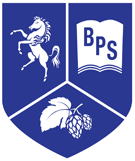English
Intent
At Bethersden Primary School, we want all children to be able to confidently communicate their knowledge, ideas and emotions through their writing and reach their full potential. Through supportive teaching, each individual is guided on their journey towards becoming a successful writer. Children are inspired to write through engaging class texts and exciting writing opportunities, which enable them to become creative and innovative writers. Our children will take pride in their work, ensuring their writing is legible (using cursive), allowing them to effectively communicate their ideas with the reader. Our children will have a secure understanding of grammar and punctuation and will be able to apply these to their writing for effect. With a secure phonics foundation established in Early Years and Key Stage One, our children will progress through school with the ability to apply spelling rules and patterns to their written work. The Bethersden writing curriculum will work cohesively alongside our reading curriculum to ensure our children have a carefully sequenced and progressive curriculum allowing for the children to be challenged and meet their full potential.
Implementation
At Bethersden Primary School, writing is taught through and takes inspiration from the high-quality whole class texts of our reading curriculum. We passionately believe that reading and writing are inextricably linked, therefore studying the text in both reading and writing sessions encourages children to make links and become more empathetic and fully immersed writers. Class planning and learning intentions are developed from our whole school term-by-term progression document, this ensures writing skills are built upon year by year to ensure progress is made and that our children move through a cohesive writing journey during their years with us.
In accordance with the National Curriculum, children are taught:
- Using opportunities for drama and spoken language development
- To explore the features of different text genres and what a high-quality example looks like
- An effective method of cursive handwriting
- Spelling, punctuation and grammar taught through discrete sessions
- To develop independent writing through: planning, drafting, editing and up-leveling (using adult models where appropriate)
- To expand and develop their vocabulary knowledge and application
- Participate constructively and reflectively in shared writing
Handwriting:
At Bethersden, the teaching of handwriting begins in Early Years, where correct letter formation is taught using Read, Write, Inc mnemonics and memory pictures. Children are taught the correct posture for writing and holding the pencil in the correct way to allow for a legible handwriting style to develop. In KS1, handwriting continues to develop using RWI sun, boat and water lines to teach the relative size and spacing of letters. In Year 2, the use of cursive handwriting is developed using the RWI washing line and arm joins. Teachers are expected to model the school’s handwriting style when marking children’s work, writing on the board and displays around the school. The teaching of handwriting is intrinsic in developing efficient writers.
Spelling
Early spelling in taught through the use of RWI phonics lessons. From Year 2, classes follow progressive spelling teaching, which explores spelling patterns and rules. We aim to create confident and proficient spellers who are able to apply their word knowledge to challenging and unknown spellings.
Children are also taught to:
- Spell accurately and identify reasons for mis-spellings.
- Proof-read their spellings
- Recognise and use word origins, families and roots to build their skills
- Use dictionaries and thesauruses.
Impact
Our priority for the children of Bethersden Primary School is that they become writers who are able to successfully apply the knowledge and skills necessary to become successful writers. From engaging with a range of high-quality literature, they will have experienced and learnt how to adapt their writing style to suit a specific audience and purpose. They will be able to apply features of grammar, vocabulary and punctuation to the same effect. Through engaging with our writing curriculum, the children will have become competent independent writers, who are able to plan, draft and edit their work with success. Most importantly, we will have cultivated a school of learners who want to write, who can see the power in writing and communicating their ideas and work hard every day to build upon and improve their written communication.
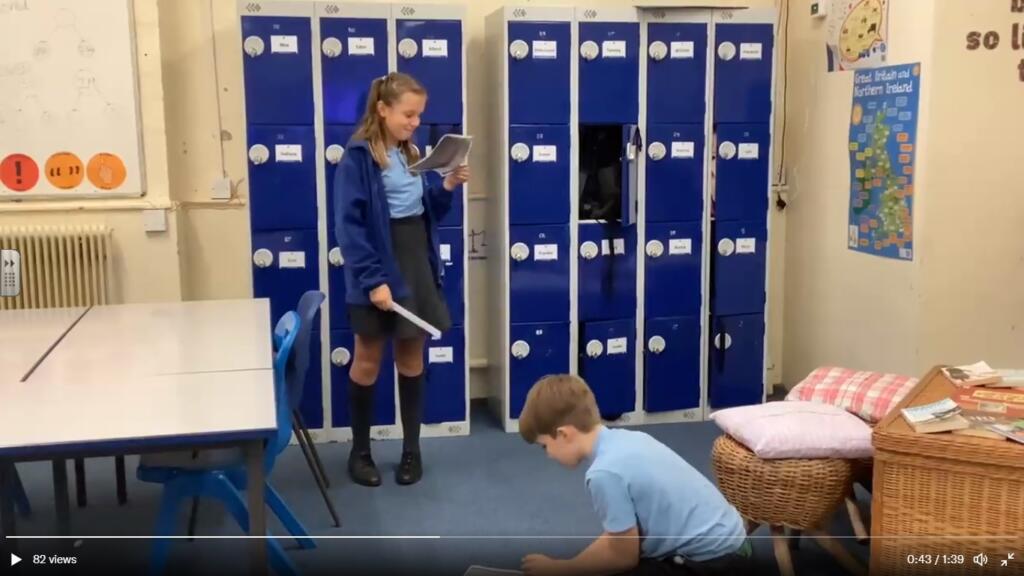
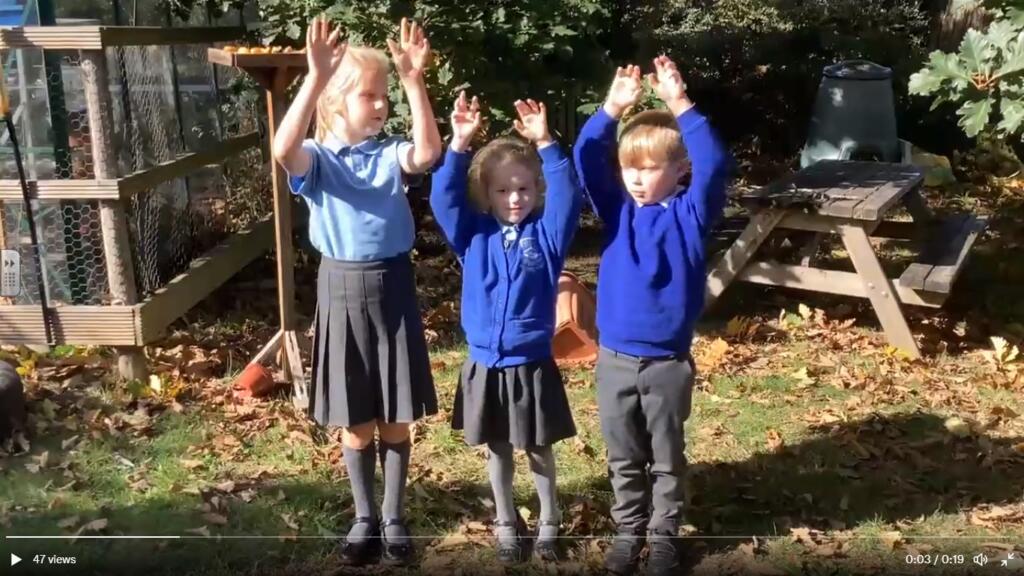
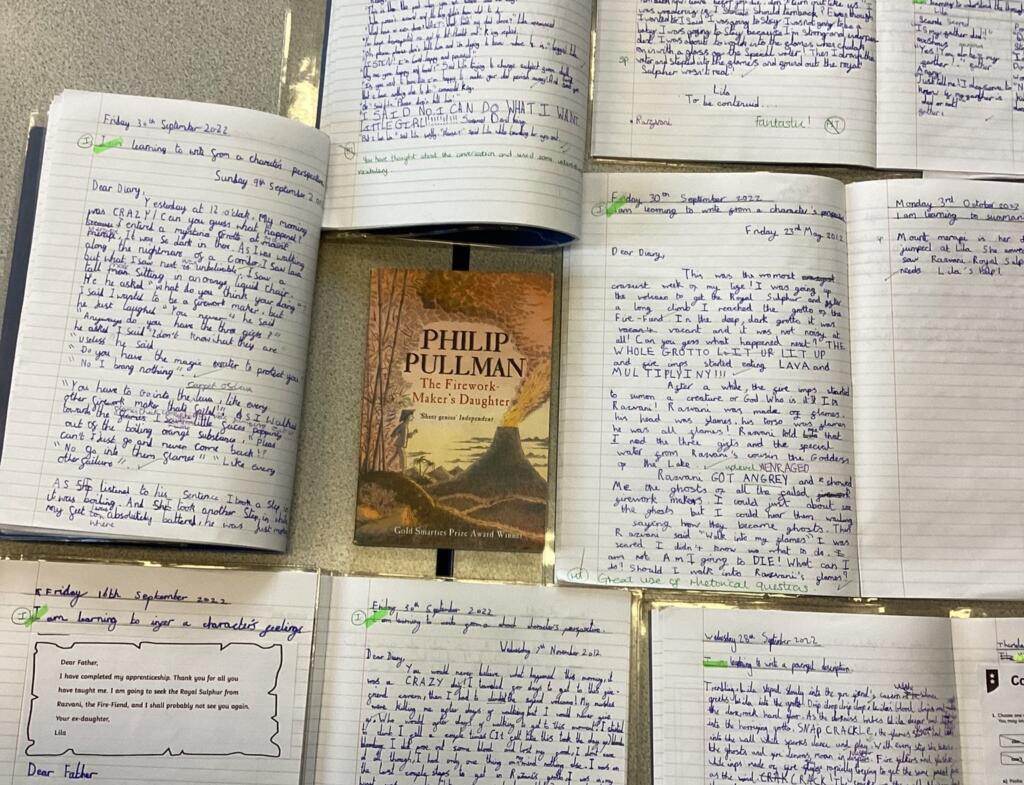
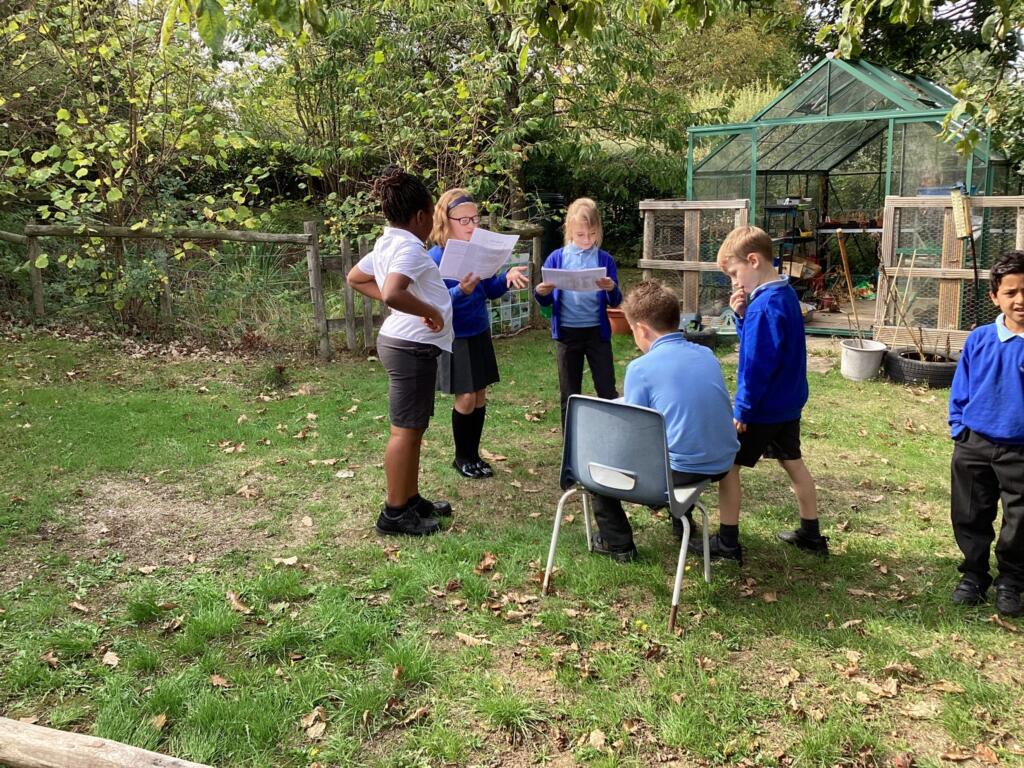
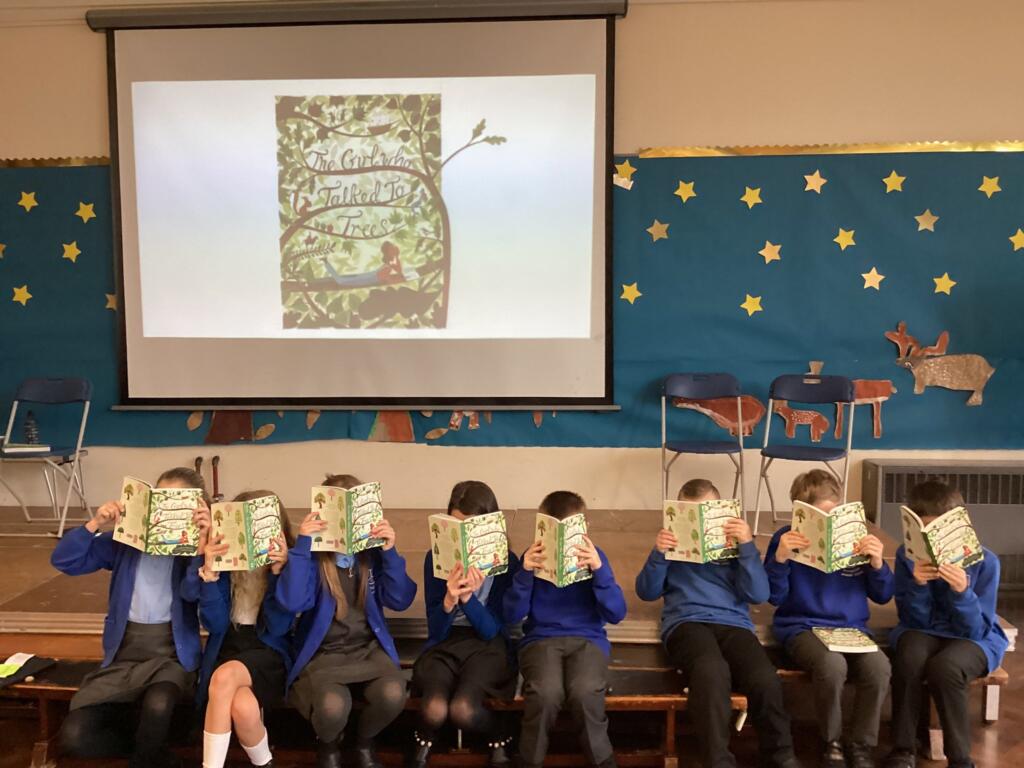
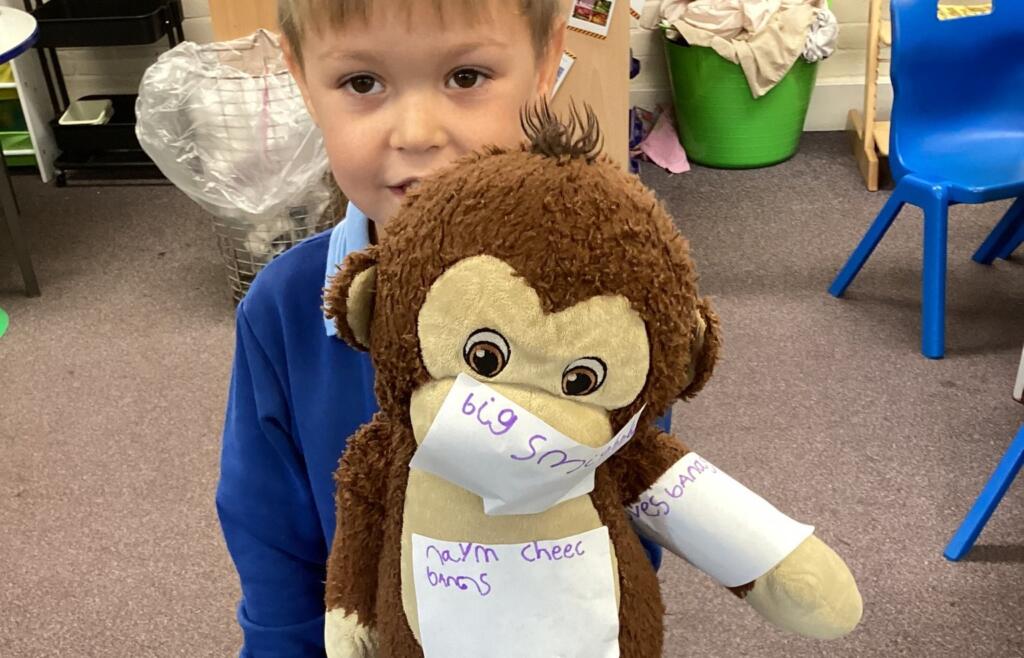
English Progression Documents
English Vocabulary Progression
